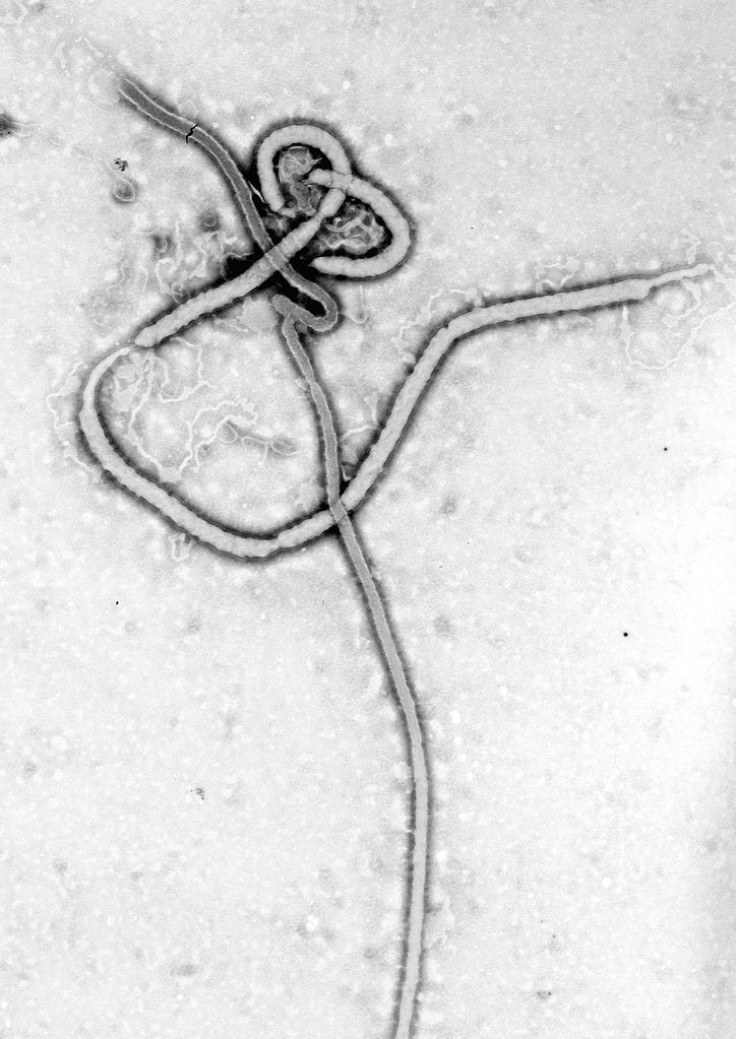Ebola: Asian herb prevents infection in mice and human cells

Tetrandrine, a molecule derived from an Asian herb, has been found to be effective in preventing Ebola in mice as also in inhibiting infection of human white blood cells in the lab.
The compound works by blocking the channels used by the virus to move within a cell, say the researchers who reported the work in Science.
It stops the virus before it starts interfering with the cell mechanism.
The Ebola virus enters a cell by first binding to several types of cell surface proteins. Then the virus is taken into the cell and follows an endosomal route or membrane-bound path to various cell compartments.
It has been known that calcium signalling which allows cells to transmit electrical charges to one another, controls many of the processes in the cell and is important for Ebola virus infection.
"We were not able, however, to pinpoint the mechanisms involved in this process. With this research, we discovered that two pore channels (TPCs) are the key calcium sensor involved in Ebola virus infection. These TPCs essentially needed to be turned on in order for the virus to function properly," said Dr Robert Davey, from the Department of Immunology and Virology at Texas Biomedical Research Institute research.
In addition to identifying this critical mechanism not seen in any other virus, Davey's team also showed that drugs targeting this interaction were potential treatment against Ebola.
Existing drugs used to treat high blood pressure can turn this key calcium sensor on and off.
Working with a group in Munich and Southwest Research Institute, the team tested several small molecules to see which was most effective at turning the sensors off to stop the Ebola virus from proceeding in the cell.
No side effects
Tetrandrine protected mice best without obvious side effects and was the best candidate for further animal testing, with no visible toxic effects and requiring a small dose.
The drugs stopped virus replication and saved most of the mice from disease.
The next step in the process is to test both safety and effectiveness of the interaction of the drug with Ebola virus in non-human primates.
Tetrandrine is not approved for use in humans except in China. The dose given to mice in the experiment could be toxic for humans.
Experimental tests using favipiravir, also known by its brand name, Avigan have shown improved survival rates in patients in West Africa. But more patients and control groups will establish the efficacy of the drug.
The Ebola virus causes haemorrhagic fever in humans and has no approved therapy or vaccine.
The current outbreak has seen nearly 23,000 cases and around 9,000 deaths, mostly in Liberia, Guinea and Sierra Leone.
© Copyright IBTimes 2024. All rights reserved.





